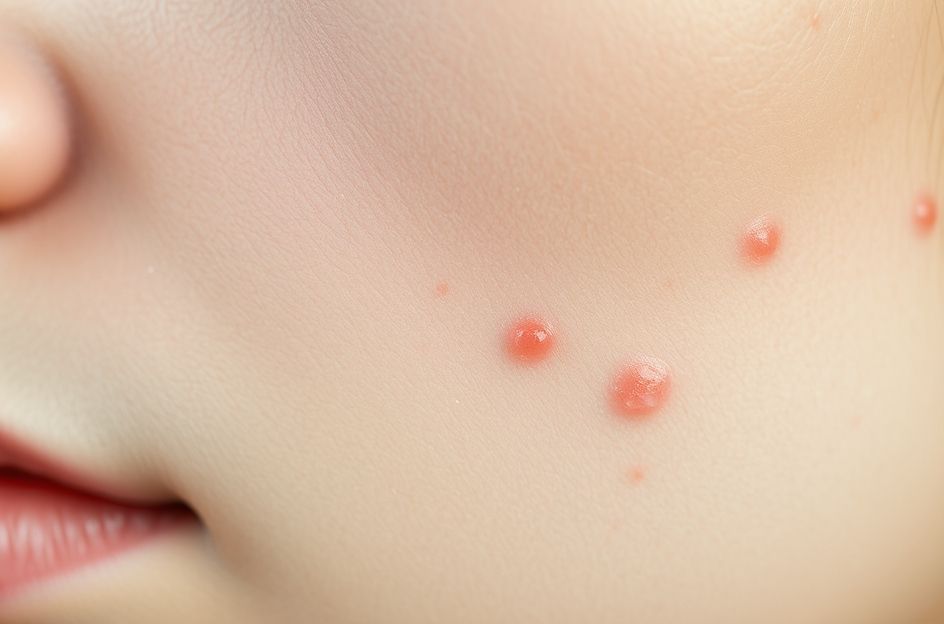Acne is a common skin condition with no single, definitive cause. Instead, several contributing factors can trigger outbreaks. Hormonal fluctuations, particularly the increase in androgens during puberty, are a primary driver, explaining why acne frequently affects pre-teens and teenagers. While acne medication can manage symptoms, understanding the root causes is essential for effective treatment.
Genetics also plays a significant role. Individuals with parents who experienced severe acne are more likely to develop it themselves. Early intervention with appropriate acne treatments is crucial to minimize potential long-term effects, such as scarring.
In women, menstruation, pregnancy, and birth control pills can trigger acne due to hormonal shifts. These hormonal changes can lead to increased oil production, clogging pores and causing breakouts. Various acne medications are available to manage these hormonally induced flare-ups and restore skin clarity over time.
Certain medications can also induce acne as a side effect. While often temporary as the body adjusts, acne medications can provide relief during this period.
External factors, such as tight clothing or accessories like collars, backpacks, and hats, can contribute to acne development by trapping sweat and oil against the skin. Acne can appear on any part of the body, not just the face. Mild cases may respond to over-the-counter treatments, while more severe cases might require prescription acne medications from a dermatologist.
Contrary to popular belief, chocolate and greasy foods are not directly linked to acne. However, a healthy, balanced diet is crucial for overall skin health. While diet may not be the primary cause of acne for most, maintaining a nutritious diet can support healthy skin and potentially reduce the need for extensive acne treatments.
